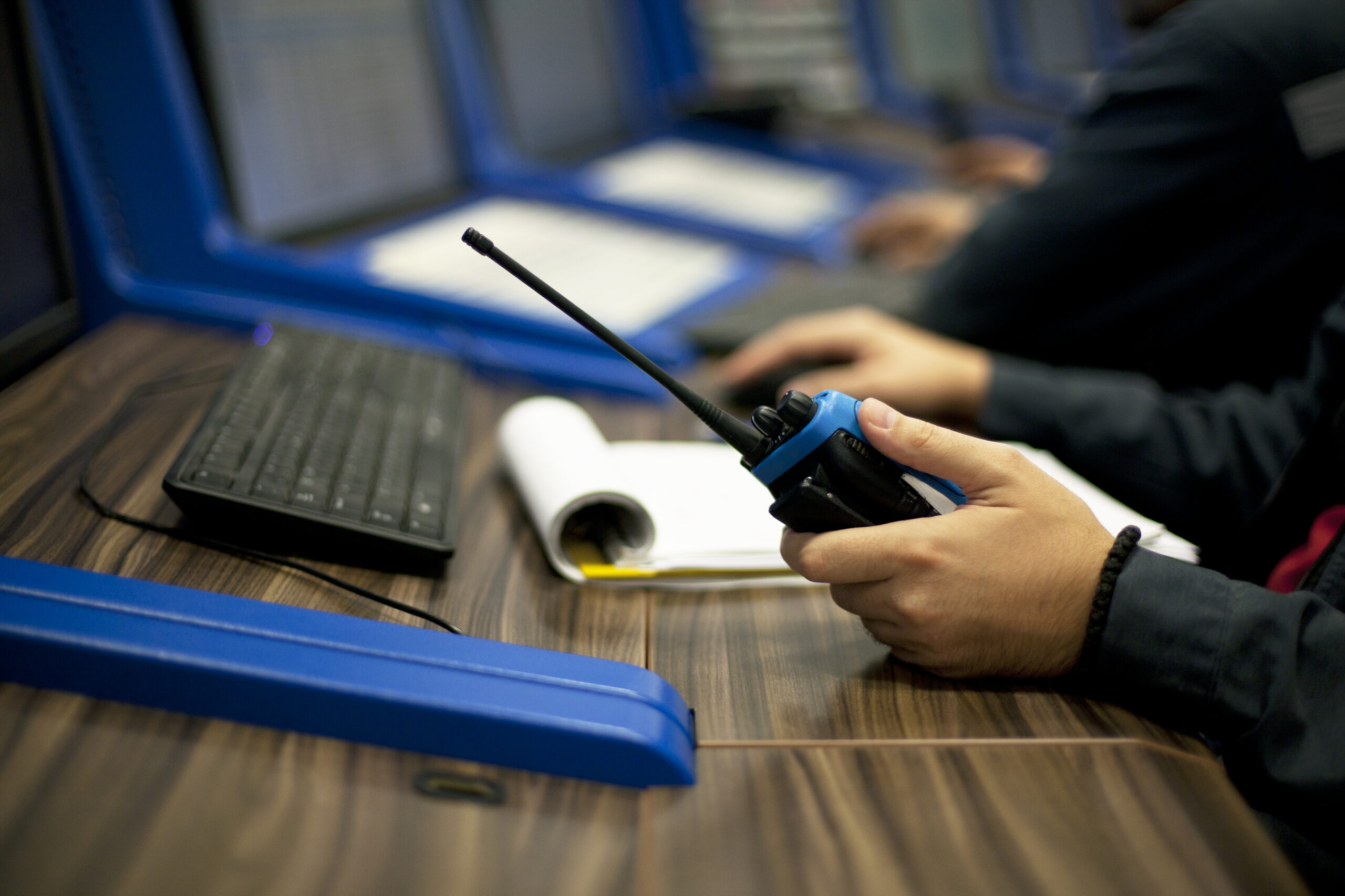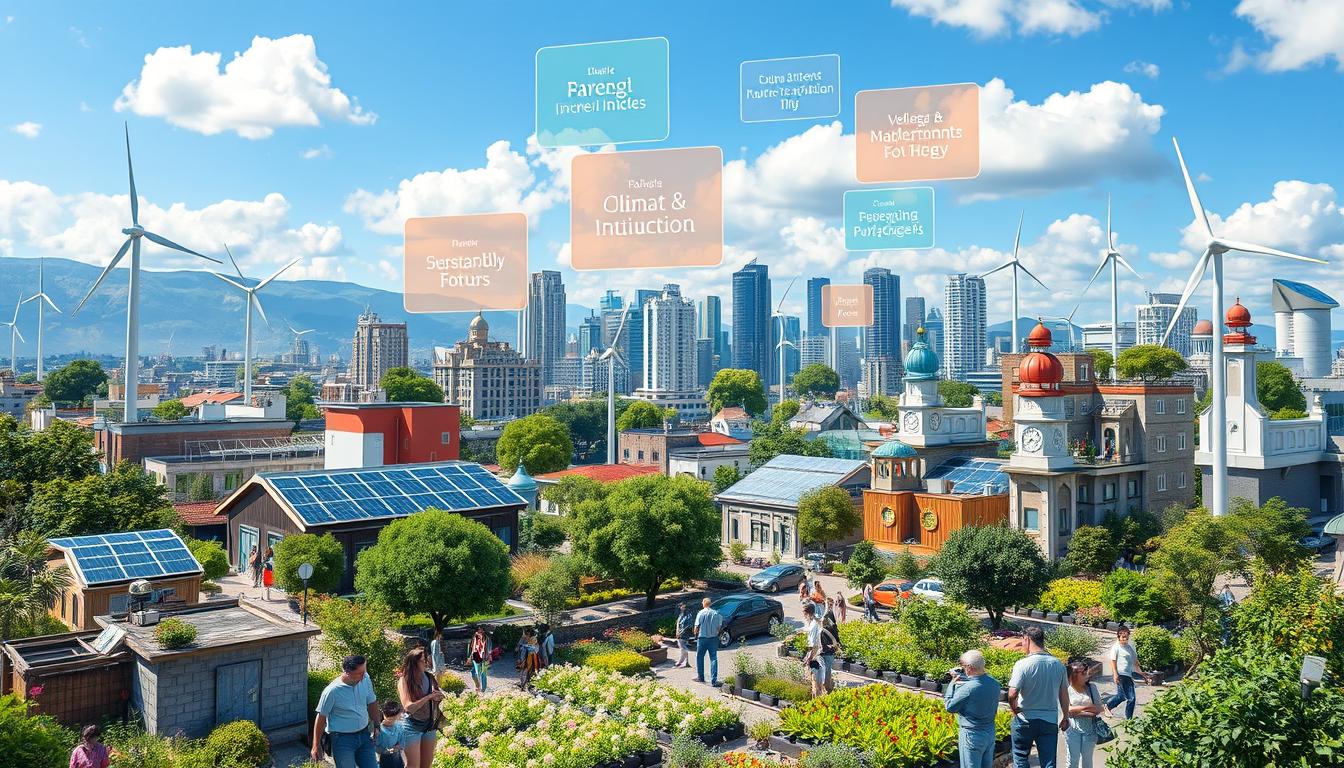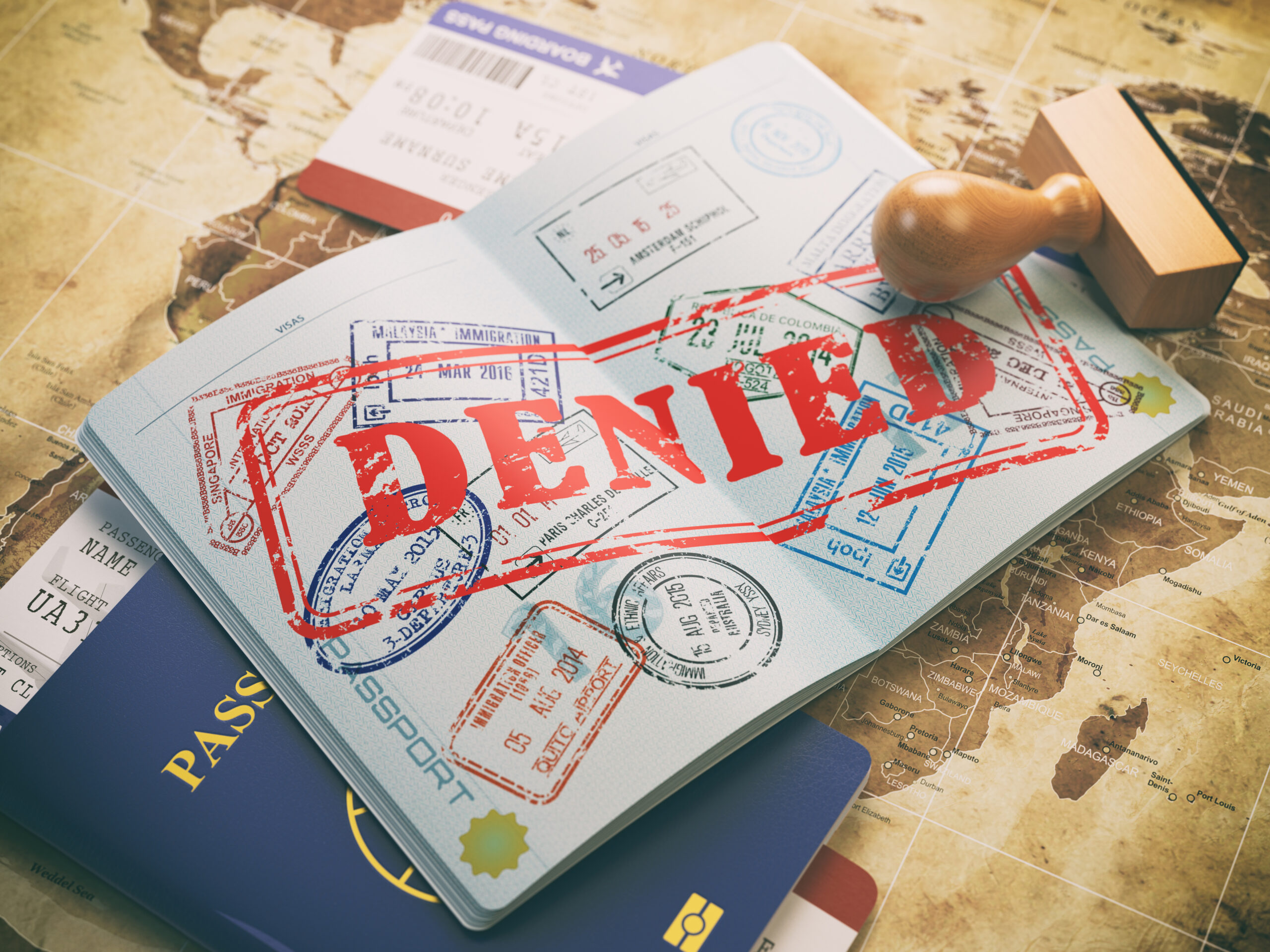As the world sees a big fight between social media giants and governments, a big question arises. How will Social Media in the 2024 Election change things in a world where political marketing online can shape politics? Meta banned Russian state media, and the U.S. hit RT with sanctions. This shows a secret war in the digital world.
We’re going to look closely at how these moves by Meta and others are changing digital campaigning. These big companies are trying to control political content while keeping free speech alive. But what happens to political candidates who need these online spaces to win votes?
Meta’s Andy Stone was found guilty in Russia, and governments around the world reacted differently. This shows the tough choices these companies have to make. It’s a delicate balance between rules and freedom, especially as politics moves online.
But these platforms are more than just places for political fights. They are key to winning online. This is something no candidate in the 2024 elections can ignore.
Understanding the Impact of Social Media Influence on Elections
Social media plays a big role in how people see and vote in elections today. It’s not just a tool for campaigns; it’s also key in fighting fake news. For example, Meta banned Russian state media, showing how online actions affect real-world politics.
Online voter engagement is changing how we connect with voters. Campaigns use election social media tactics to talk directly to people. Meta even took down a fake news network, showing how platforms can fight misinformation.
World leaders are taking action against fake news too. This shows they see social media’s power to change votes. It’s clear that social media can be both a blessing and a curse in elections.
In short, social media is a big player in politics worldwide. It’s up to leaders, candidates, and us to figure out how to use it right. We need to understand its good and bad sides to make elections fair and honest.
Candidates’ Digital Strategies for Enhanced Online Presence
In today’s world, political marketing online is more than just being there. It’s about standing out and winning people over. Candidates’ digital strategies are designed to use online platforms to grab attention and connect with voters in new ways. They must keep up with social media election trends and respond quickly to what people are talking about.
Candidates use digital tools and data to make their messages more effective. They use Twitter, Facebook, and TikTok to send out messages and talk to voters. This helps shape social media election trends and how candidates use viral content.
Understanding social media election trends is key for campaigns. These trends show what’s happening in politics and what voters want. By looking at social media, campaigns can find out what issues matter most to people.
Being quick to adapt to digital rules and using social media’s wide reach can really help a candidate. This approach improves communication with voters and boosts the campaign’s chances of winning. It’s all about using digital tools to connect and succeed.
The shift in how campaigns use digital tools is clear. Candidates’ digital strategies are crucial for winning. They help shape campaigns and can even decide election outcomes. The digital world is now a key place for political success.
Analyzing Election Social Media Tactics Across Political Parties
The world of political campaigns has changed a lot with digital campaigning. Now, parties spend a lot on this area. They use different election social media tactics to reach different people. This shows they really understand who they’re trying to win over.
By looking at these tactics, we can see how new trends like instant updates and live chats are changing campaigns. These changes are big and important.
Looking at social media election trends, some parties are making their digital stories more appealing to young people. They use Instagram and TikTok to talk to their audience. This way, they’re not just sharing their views; they’re having a real conversation with voters.
This approach can really show in how well it works. Social media gives quick feedback and engagement numbers. Being good at using these platforms is key in today’s digital campaigning. It can really change what people think and feel.
These strategies are all about using social media’s algorithms to their advantage. It’s a big shift from old ways of campaigning. As elections come and go, social media becomes even more important in politics.
Studying these strategies and how they affect voters is very important. It helps shape future campaigns. Digital platforms will keep being a key place for political battles.
How Online Voter Engagement is Shaping Campaign Outcomes
Digital platforms are changing politics a lot. Online voter engagement is now key in shaping election results. It’s all about using digital campaigning to reach out to people better and win their votes.
The recent by-election in Montreal’s LaSalle—Émard—Verdun riding shows how big social media influence on elections is. Candidates used social media to share updates and keep voters interested. This was especially important with so many candidates running.
Showing thanks to volunteers and keeping in touch with voters also matters a lot. These actions show how social media influence can build strong voter relationships. They help improve how people see candidates and can lead to better election results.
Digital strategies are changing how voters behave and who wins elections. The way campaigns use digital tools shows it’s not just helpful but essential. It’s clear that using digital tools well is key to winning today.
In today’s world, where information is fast and wide, using digital influence is vital. Campaigns that use digital strategies well are more likely to win. They do this through strong, focused online interactions.
Social Media in the 2024 Election: The New Battleground for Votes
The role of social media in the 2024 election is clear. Digital platforms are key for political talks. Candidates work hard to reach more people online. This shows how important social media is in shaping election results.
Political campaigns now focus more on being online. They use digital strategies to connect with voters. This includes ads, viral campaigns, and smart communication.
Social media in the 2024 election plays a big part in changing opinions fast. It lets campaigns respond quickly, unlike old media. Candidates’ digital strategies must be flexible and quick to keep up with online changes.
Understanding the digital world is key for candidates. They need to send clear messages, engage with people, and fight fake news. These skills are now crucial for winning elections.
As social media grows, the mix of tech and politics gets more complex. Candidates who can handle this digital world well might win big. Their success online could change the whole election.
The Legal and Ethical Landscape of Digital Campaigning in Politics
The mix of digital campaigning and political ethics is a big challenge. It tests the limits of laws and ethics in politics. The use of social media election trends to sway voters shows we need clear rules fast.
Every election cycle makes online issues more important. It’s where legal and ethical lines are often crossed. This makes us think about how to keep campaigns fair and honest.
Political marketing online has grown a lot. It’s now key for campaigns but can lead to problems. Misuse of digital platforms for biased content shows the tech and fairness gap. We need strong rules for digital campaigning to protect fairness and privacy.
The rise of social media election trends makes us rethink online campaigns. Misinformation and deep fakes are big issues. Current laws can’t keep up with tech, leaving room for unfair influence.
As digital campaigning gets better, so do the ethics questions. We need laws that fit today’s digital world but don’t block progress. Keeping things transparent, protecting data, and ensuring fairness are key. We must tackle these issues head-on to keep elections fair in our digital age.
Regulators, parties, and tech companies must work together. By doing so, we can use digital campaigning’s power while keeping democracy strong.
Preparing for Future Elections: Lessons Learned from Digital Dynamics
The digital world has become key in shaping politics. The 2024 Social Media in the Election has taught us a lot. It showed how digital strategies can really connect with voters and the dangers of fake news.
It’s clear that candidates must keep improving their online tactics. They need to stay honest and keep the election fair. This is crucial for the future of voting.
Changes in laws have made it clear that digital channels are vital for sharing policies. Politicians must make sure their online presence matches their promises. This is essential for winning votes.
These digital changes are making online interactions crucial for winning elections. The 2024 elections showed us the need for strong laws to keep up with technology and global issues.
For future elections, campaigns will likely use these lessons. They will focus on building a strong online presence and protecting against digital misuse. It’s important to be ready for the challenges of social media in elections.
Candidates will need to share their message in a way that helps and protects voters. This is the big challenge ahead.















